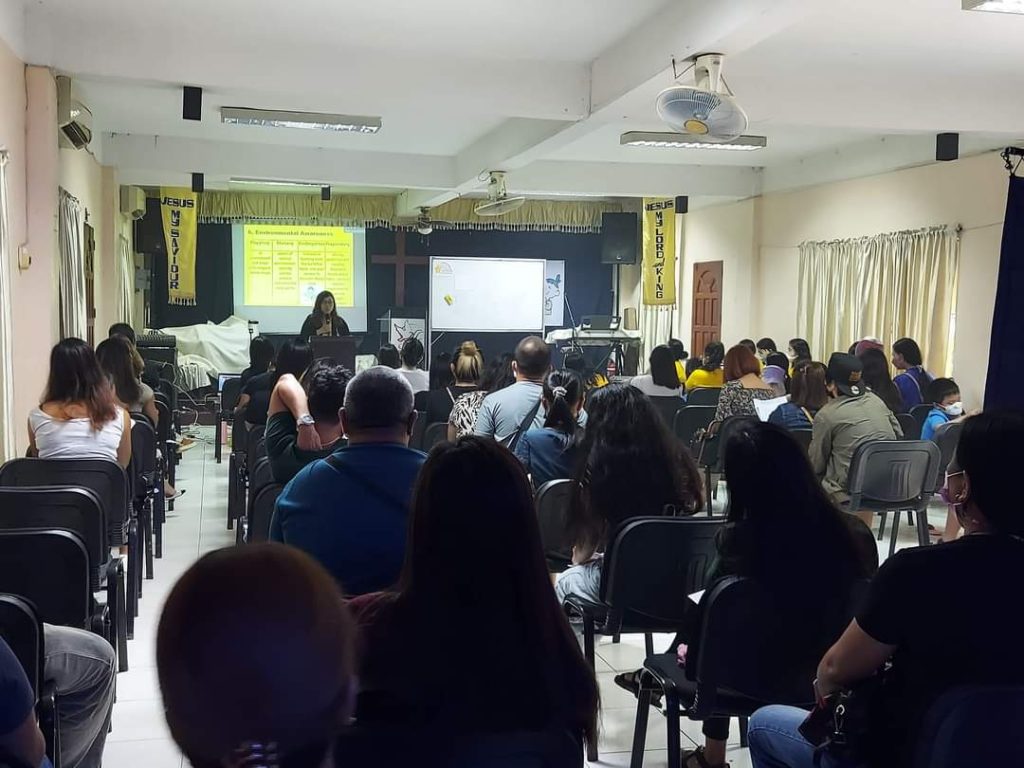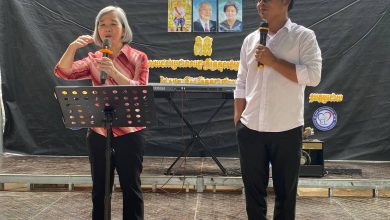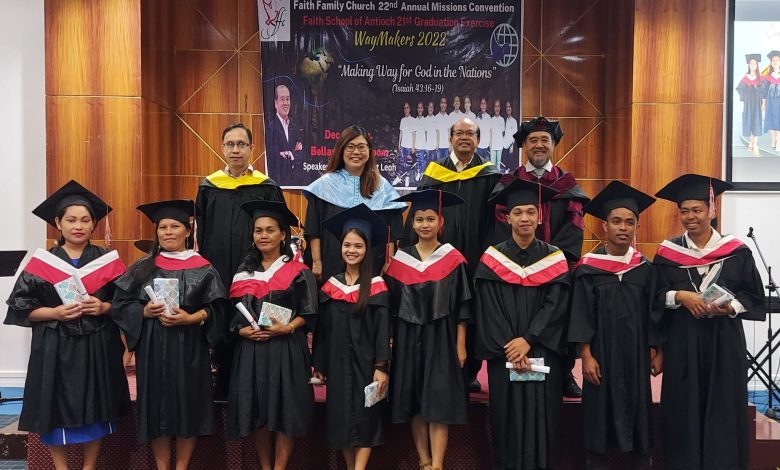
1. What is the motivating factor in starting this church-planting organization called Faith Family Church (FFC)?
After graduating from AGBC in 1999, I was sent as a mission intern to teach in a church-planting school in Iloilo, Philippines for a year. Every weekday, I taught OT and NT Survey to local Bible school students and every weekend, I was sent to a different church to preach. That one-year exposure convinced me that the best biblical strategy to fulfill God’s Mission was to plant churches and to equip a new batch of church-planters every year. At the end of the year, I felt the Lord call me to Cebu, to plant a church in Smokey Mountains (rubbish dumpsite). With the blessing of my home church, Faith Assembly, we started Faith Family Church in Cebu, Philippines in 2000.
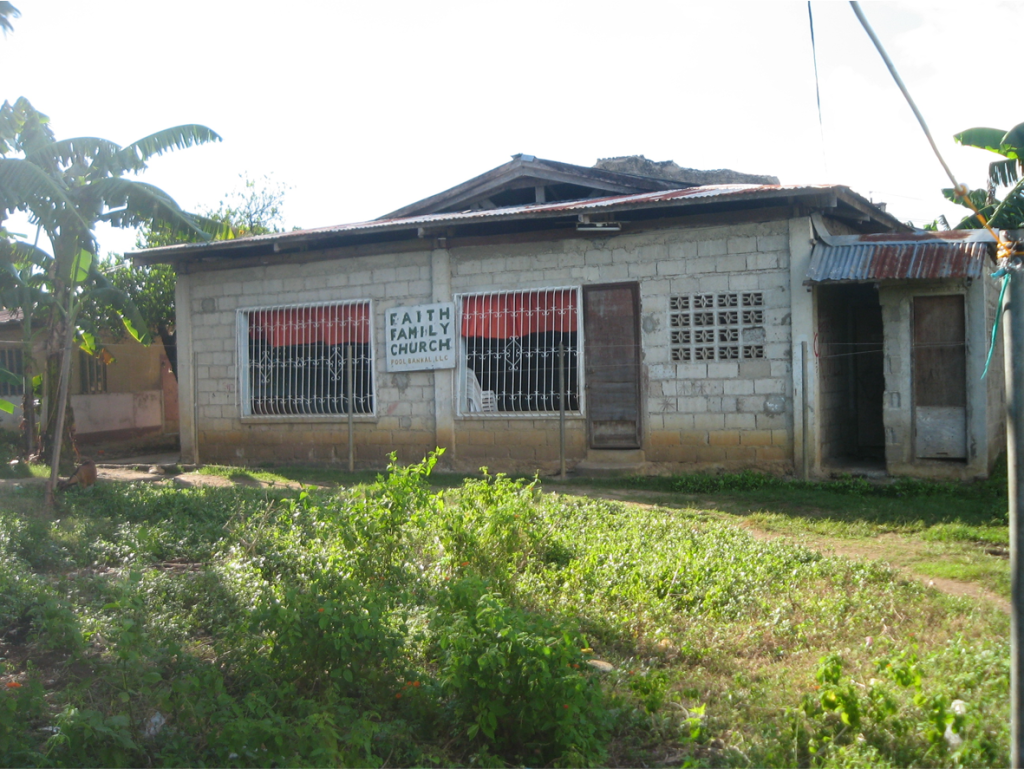
2. Tell us about FFC? What are some of the strategies or approaches you use in your church-planting efforts?
FFC believes God’s redemptive mission is fulfilled by indigenous church-planting movements. Our P.E.T. strategy is firstly, to Plant indigenous churches, churches that will self-support, after five years, their pastors and place of worship. These churches will plant daughter churches and reproduce themselves. We thank God we have about 20 indigenous churches in three provinces in Philippines (Cebu, Leyte and Malita). The churches in Philippines all have their own land and building, support their own pastor and not dependent on foreign support.
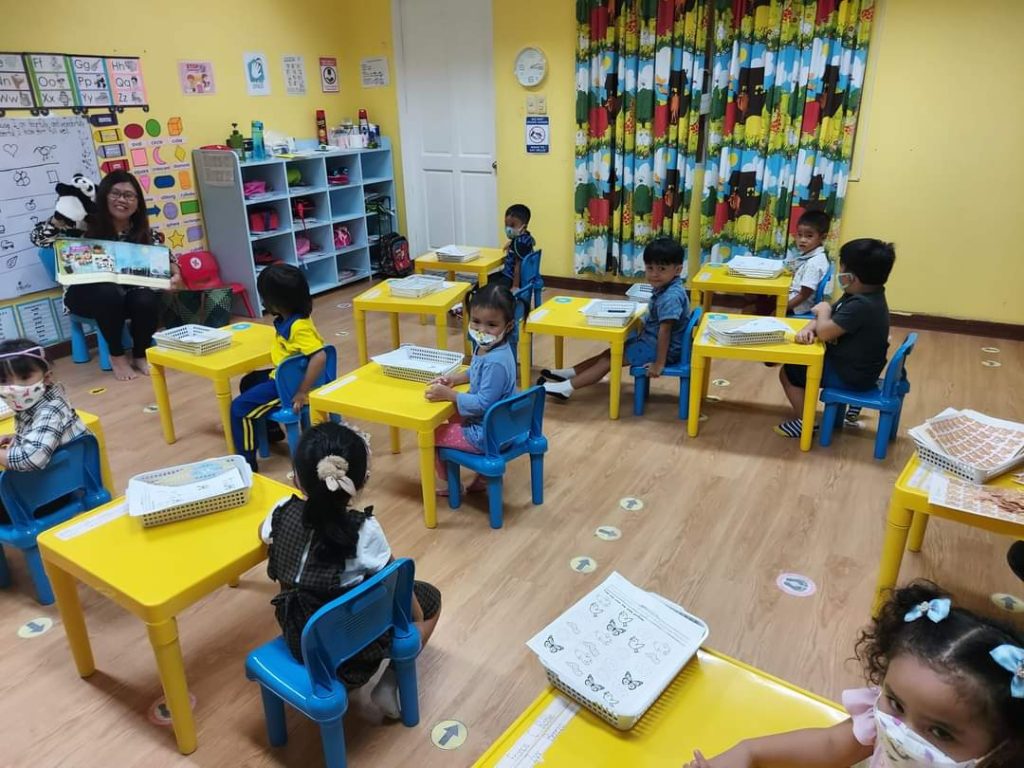
Secondly, we invest consistently in Equipping local workers/pastors. The church-planting school is a key to fuel the movement of new churches planted every year. All our FFC churches will send students with a calling to serve God and we will invest a year in training them in Faith School of Antioch in doctrines, Bible, discipleship and ministry strategies. After graduation, they are sent out to assist their pastor or sent out to plant a church. When their calling and character are proven on the field, we license them as a pastor, associate or missionary. We have 55 licensed pastors and ordained ministers in the field.
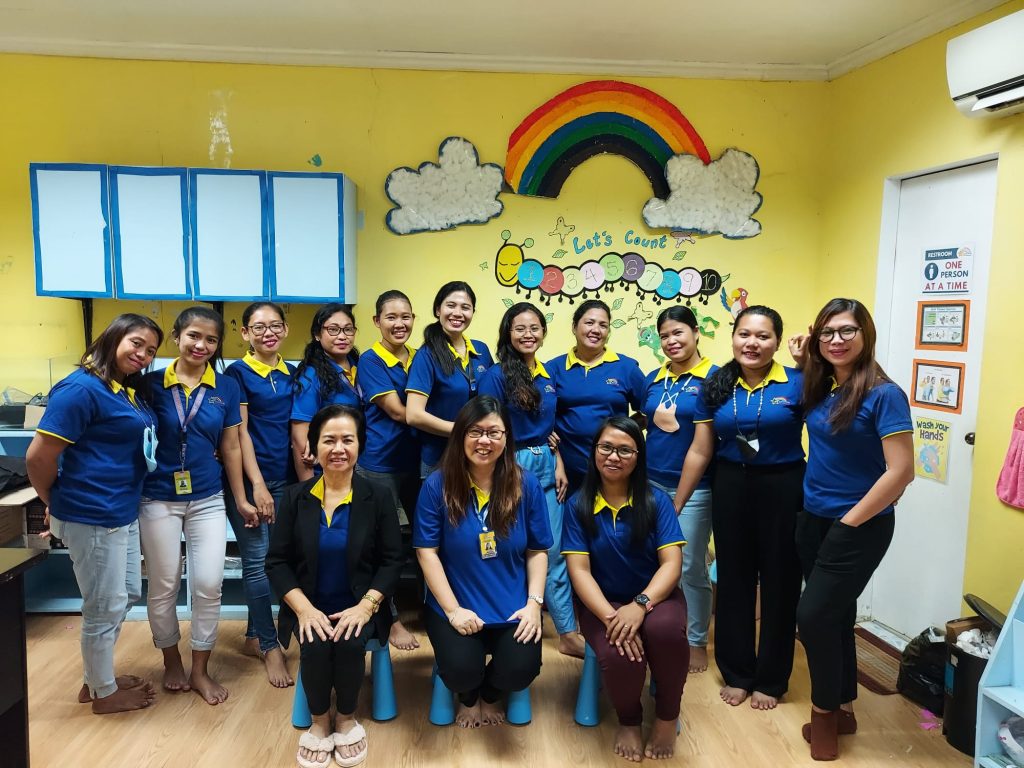
Thirdly, we believe in Touching the Community, so we have established a Christian preschool called SonShine Kids International in Lapu-Lapu City, to disciple about 200 families and be a blessing to the community. The preschool functions also as a business to support the church-planting efforts in the Philippines. We have also a SonShine Kids International preschool in Cambodia and English youth and kids’ clubs in Vietnam.

God has also given us a vision to raise up missionaries to Southeast Asia and so we have planted churches and missionaries from our Bible School in Thailand, Cambodia and Vietnam using the same P.E.T. strategy of Planting indigenous churches, Equipping workers and Touching the community.

3. What was one of the toughest challenges you encountered? How did God and your team resolve this?
Our toughest challenge is raising workers of genuine calling and character. In the beginning of our church-planting efforts, many workers were dependent on foreign support and the moment financial support was withdrawn, they would simply change sponsors. We had to personally mentor every worker through our church-planting school and build nurturing mentoring relationships, such that the financial incentives do not overpower and ruin the calling and character of the precious church-planter. We are proud to say in the last 10 years, the work in Philippines went fully indigenous and incredibly, FFC Philippines sent and supported my husband and I back to Singapore to church-plant!
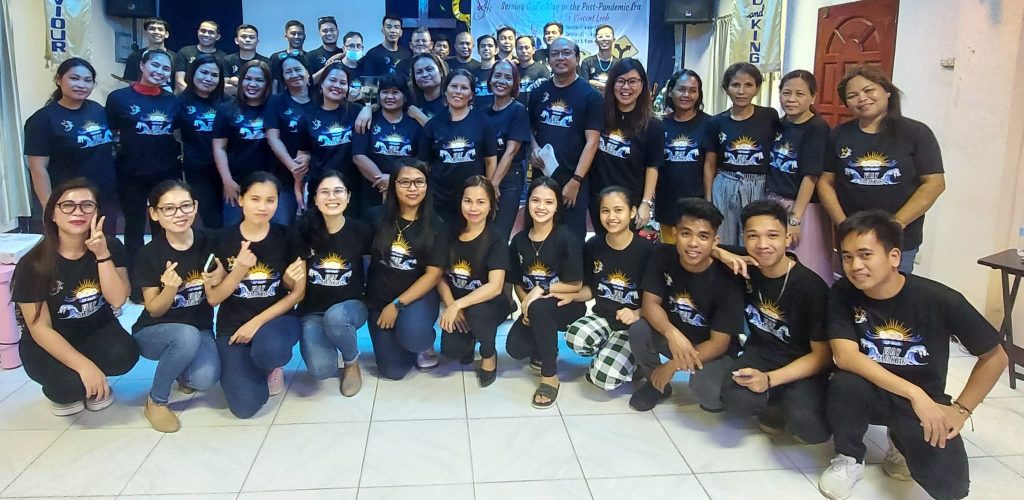
4. One advice to give to someone who wants to explore church-planting.
If God has laid upon your heart a call to church-plant, obey it! It is biblical to always disciple a group in a community, not just to make converts, but disciples. Planting churches is the best discipling strategy. It raises leaders, accelerates evangelistic efforts and allow true disciples to emerge, not just followers of a spectator and consumerist church culture. Many may tell you it is not viable and there is no need for one more institutional church. But to the one who is courageous enough to identify the need, let nothing stop you. Not the discouragement of lack of resources, not the inferiority complex of being compared to mega churches, not the self-doubts of whether you have what it takes. God is bigger than that. We go in His name, His authority and His grace. I went, am still going and will go all over again if called to.
